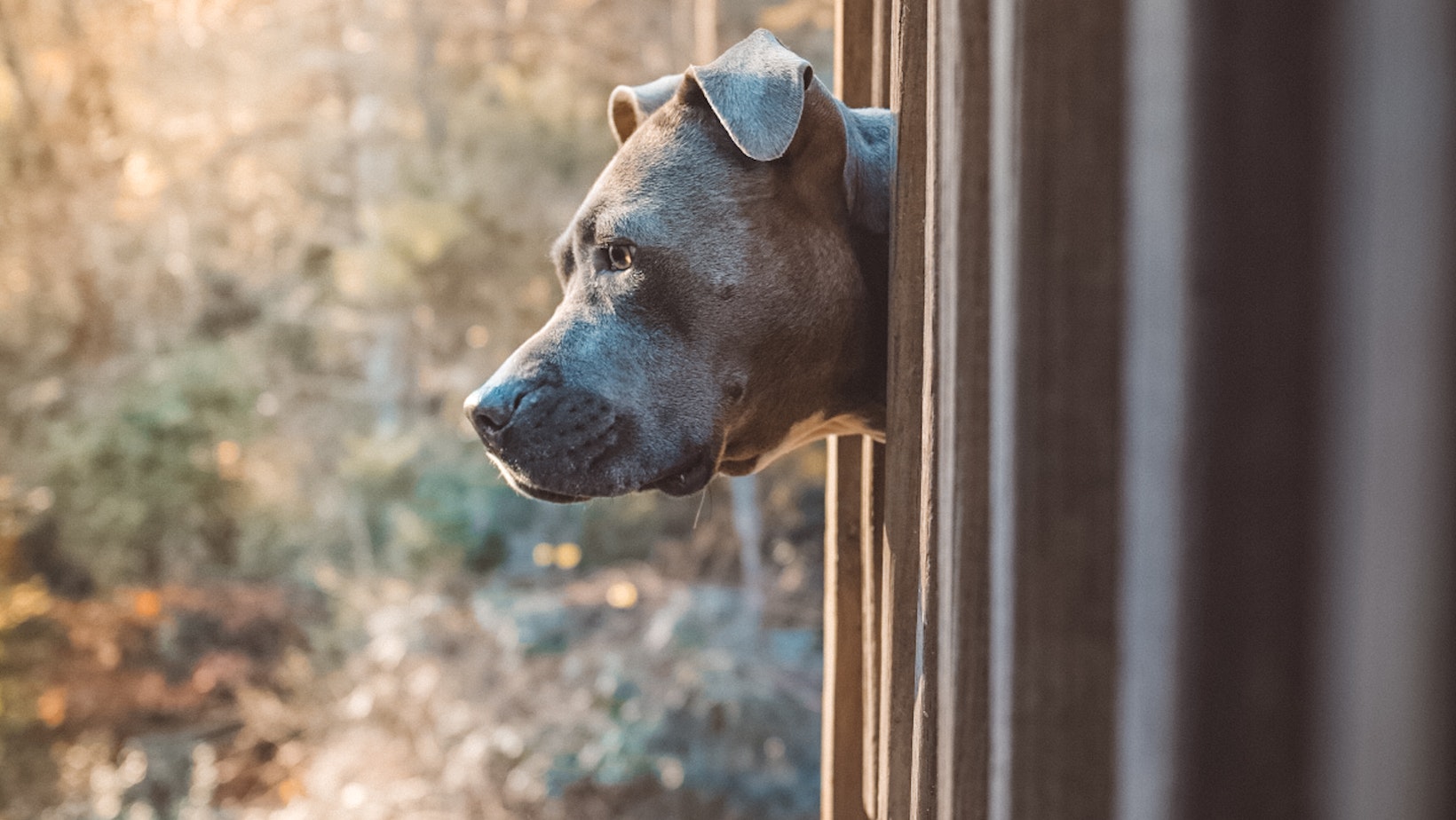Are you struggling with aggression issues in your Labrador puppy? If so, you’re not alone. Dealing with aggression in puppies can be challenging and overwhelming for any pet owner. However, with the right approach and techniques, you can effectively stop aggression in its tracks and help your furry friend develop into a well-behaved companion.
When it comes to tackling aggression in Labradors or any other breed of puppy, early intervention is key. It’s important to address behavioral issues as soon as they arise to prevent them from becoming ingrained habits. The first step is understanding the root cause of the aggression. Puppies may exhibit aggressive behavior due to fear, territorial instincts, resource guarding, or lack of socialization. Identifying the underlying cause will guide your training approach.
One effective method to curb aggression in puppies is positive reinforcement training. Rewarding desired behaviors rather than punishing unwanted ones helps establish a positive association for your Labrador. Use treats, praise, and affection to reinforce good behavior such as calmness and obedience. Consistency is crucial; make sure everyone in your household follows the same training methods.
Remember that stopping aggression in puppies requires patience and persistence on your part. Seek guidance from a professional dog trainer if needed for specialized advice tailored to your Labrador’s needs. With time, proper training techniques, and lots of love and care, you can help your aggressive puppy become a happy and well-adjusted member of your family.

How To Stop Aggression In Puppies
When it comes to stopping aggression in puppies, prevention is key. By identifying potential triggers and managing their environment, pet owners can create a safe and harmonious space for their furry friends. In this section, we’ll explore some effective strategies to prevent aggression in Labrador puppies.
- Socialization: One important aspect of preventing aggression is socializing your puppy from an early age. Expose them to various people, animals, and environments to help them feel comfortable and confident in different situations. This will reduce the likelihood of fear-based aggression towards unfamiliar individuals or stimuli.
- Positive Reinforcement Training: Utilize positive reinforcement techniques to teach your Labrador puppy appropriate behavior. Rewarding good behavior with treats or praise helps them understand what is expected of them and reinforces positive associations with certain actions. Avoid punishment-based training methods as they can lead to fear or defensive aggression.
- Supervision: Always keep a close eye on your puppy during interactions with other pets or children. Intervene if you notice any signs of discomfort or escalating behavior such as growling, snapping, or stiff body language. Redirect their attention to more appropriate activities and provide guidance when necessary.
- Environmental Management: Create a calm and structured environment for your Labrador puppy by minimizing potential triggers that may cause aggressive responses. For example:
- Provide a designated “safe space” where they can retreat when feeling overwhelmed.
- Use baby gates or crates to separate your puppy from visitors or situations that may provoke anxiety.
- Keep valuable items out of reach to prevent resource guarding behaviors that can lead to aggression.
- Control play sessions by setting clear boundaries and interrupting rough play before it escalates into aggressive behavior.
- Seek Professional Help: If you’re struggling with managing your Labrador puppy’s aggression despite implementing preventive measures, don’t hesitate to seek professional guidance from a certified dog trainer or animal behaviorist who specializes in positive reinforcement techniques.
Remember, each puppy is unique, and it may take time and patience to address aggression issues effectively. By implementing these preventive strategies and providing a nurturing environment, you can help your Labrador puppy grow into a well-behaved and sociable adult dog.
By implementing these strategies consistently while providing love, care, and proper guidance for your Labrador retriever puppy from day one, you can set them up for success in becoming a well-mannered member of your family.
I hope this article has provided valuable insights into how to stop aggression in Labrador puppies! Feel free to refer back to it whenever needed as a helpful resource along your journey with your furry friend.